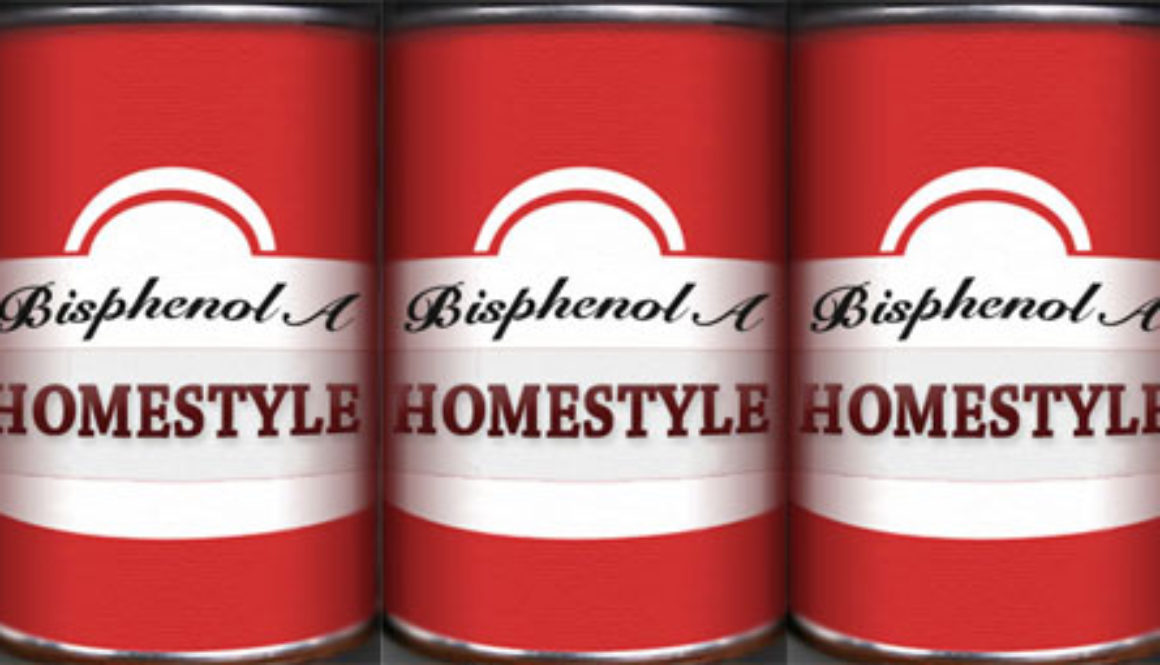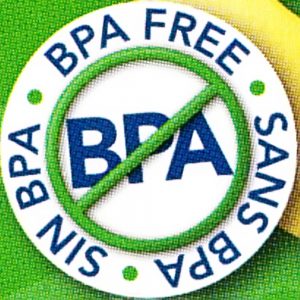
Originally published on August 4, 2016 on NC Child’s blog
By Preston Peck and Tom Vitaglione

BPA is a dangerous synthetic chemical that disrupts the endocrine system and mimics the hormone estrogen. More than 300 animal and human studies have linked BPA exposure to a number of health problems, including breast and prostate cancer, asthma, obesity, behavioral changes and weakening of the immune system, and lowered sperm counts. For children in particular, BPA is associated with low birth weight, altered development of the brain, and attention deficit disorder.
A recent report, Buyer Beware: Toxic BPA and regrettable substitutes found in the linings of canned food, showed 62 percent of the Kroger products sampled (13 out of 21) tested positive for BPA-based epoxy resins. Of the Kroger products tested, two Harris Teeter brand cans tested positive (six Harris Teeter brand cans were tested total).
Unfortunately, seeking out products labeled “BPA free” may be another invitation to health concerns. Many retailers and national brands are phasing out BPA, but many are replacing it with harmful substitutes. For example, many cans tested for the Buyer Beware report were lined with a PVC-based polymer. These can linings are made from highly hazardous chemicals including vinyl chloride, a known human carcinogen. Meanwhile, BPS—another common replacement for BPA—can elicit endocrine effects similar to BPA.
Kroger and Harris Teeter should commit to eliminating BPA from food cans sold in their stores and establish clear timelines and benchmarks for a transition to safer alternatives. The retailers should also work with their suppliers to ensure that BPA is not replaced with dangerous chemicals. All chemicals used in can linings should be fully disclosed to ensure consumer safety. Lastly, Kroger, Harris Teeter, and other retailers should adopt a comprehensive chemical policy to safely replace other chemicals of concern in their products and packaging.
There are a few things consumers can do to protect their families until retailers commit to safer product packaging:
Vote with your pocketbook. Only purchase canned food from manufacturers and retailers that exercise complete transparency about what chemicals are used in their canned food packaging.
Avoid canned goods and eat fresh when possible. In general, food that requires less processing and packaging materials will be less-toxic. Think dried beans as opposed to canned. When eating fresh or minimally processed foods isn’t possible, choose frozen food, food stored in glass jars, or food stored in aseptic packaging—i.e. those cartons you find products like milk, soup, and chopped tomatoes in.
Learn more! For more information about can testing results and which stores and food brands are transitioning to safer alternatives, visit www.toxicfoodcans.org.
Tom Vitaglione is Senior Fellow for Health and Safety at NC Child.
Preston Peck is a Policy Advocate at Toxic Free NC
